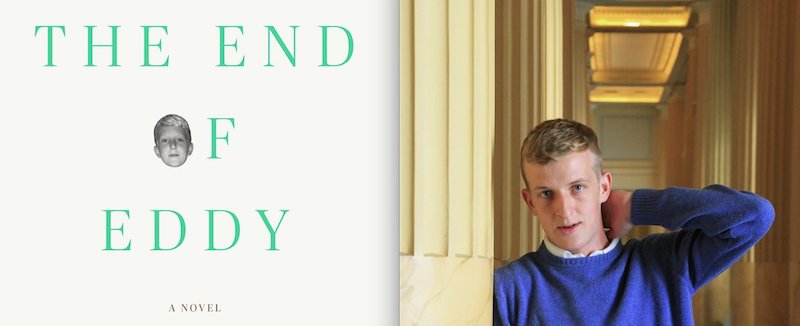

“What distinguishes The End of Eddy from its autofictional antecedents is the urgency with which Louis seeks to separate himself from his previous self, a desire so intense that the novel can be seen as a kind of wake … Throughout the novel, Louis catalogues the baffling contradictions of the world of his childhood: brutal racism next to friendliness toward the village’s single person of color; his father’s scorn for the bourgeoisie and his hope that Eddy will join their ranks; the villagers’ hatred of government, which they insist must take action against immigrants and sexual minorities … The abstractions that Louis deploys can flatten out novelistic texture, rendering invisible any details that they can’t accommodate … Louis knows that the language of social theory, which requires the kind of education the poor are denied, is complicit in the system that it seeks to make visible. His use of that language in The End of Eddy is freighted with an ambivalence that animates the book and gives it a devastating emotional force. To write the novel is at once an act of solidarity and an act of vengeance.”
–Garth Greenwell, The New Yorker, May 8, 2017

